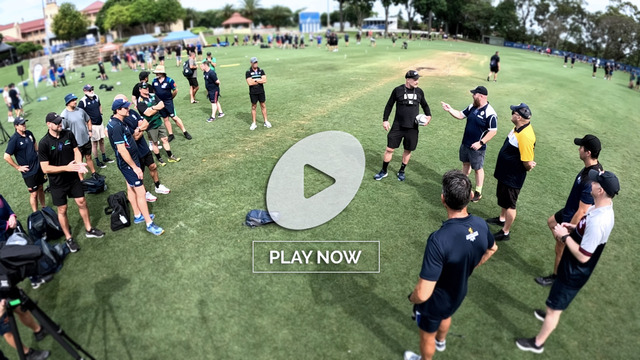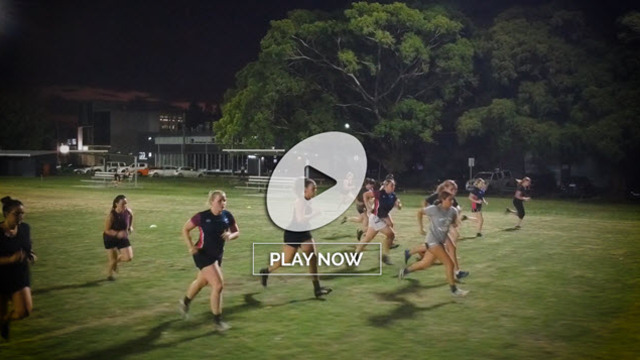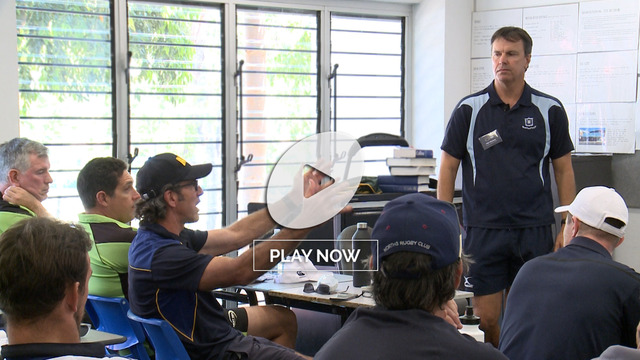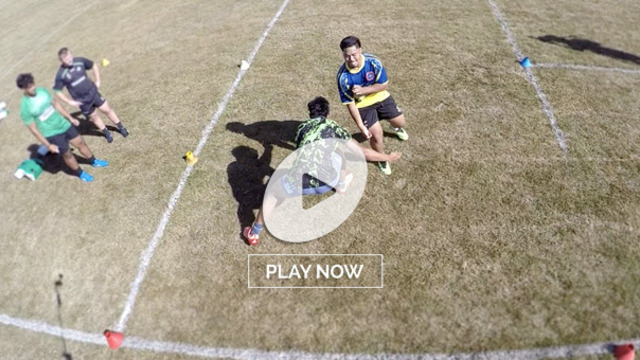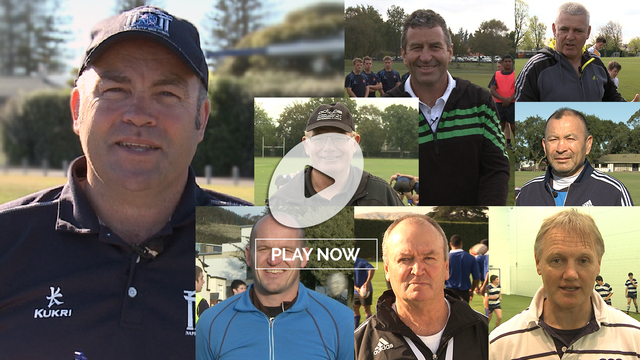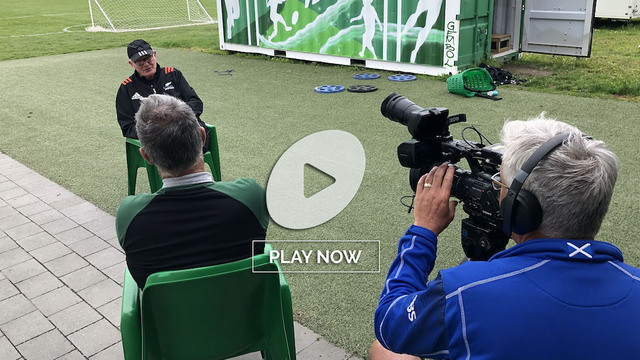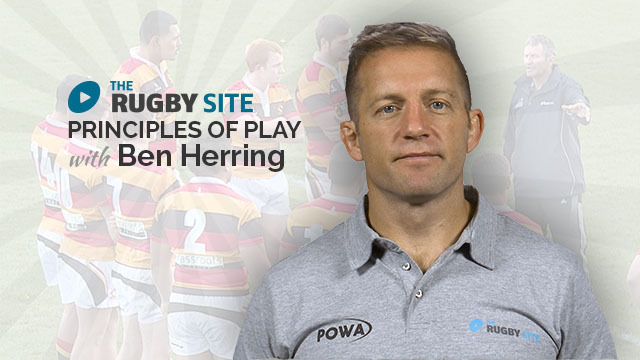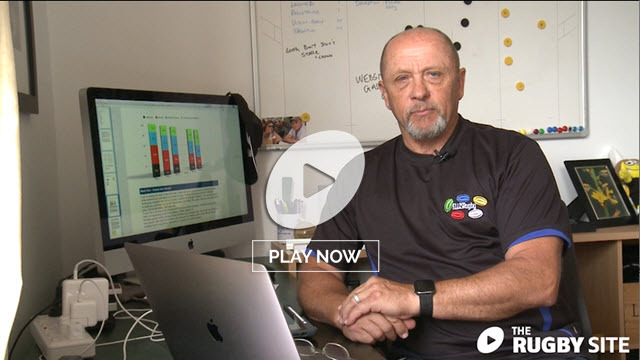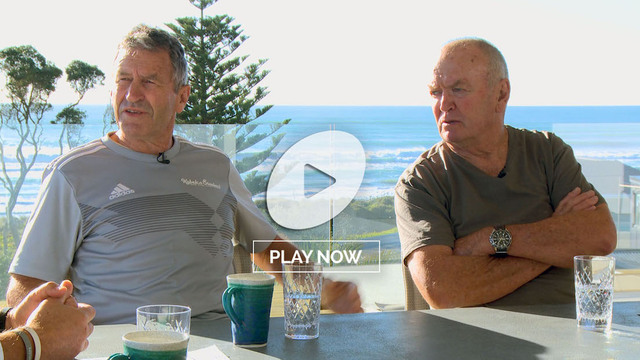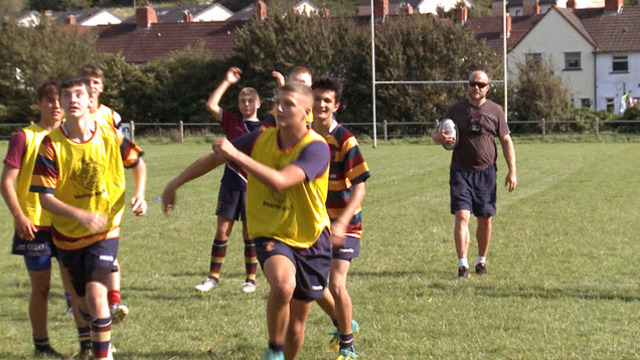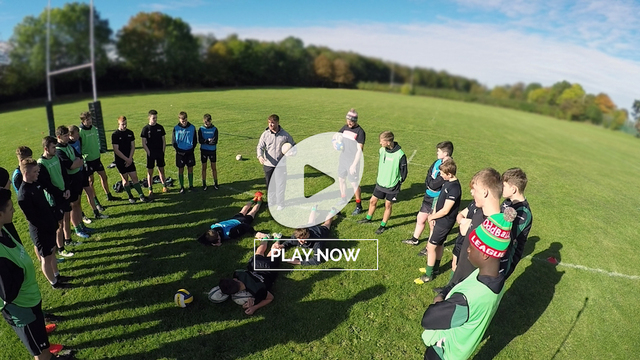Talent Is Not Enough – Aviva Premiership Review
Earlier in the year I put together a preview of England’s Aviva Premiership. You don’t have to be a genius to predict future performance by using previous performance so I wasn’t alone in saying Saracens and Leicester would be strong and Bristol and Worcester would struggle. However, because the methodology I use is recruitment based, not performance based, it was positive to see how the nuances of the predictions and the season played out.
The standouts for the season for me were Newcastle’s better than expected performance and the volatility of Bath. Both these results directly relate to each team’s TWI® (GAIN LINE Analytics’ measurement of Cohesion). The only pre-season preview we could find that had Newcastle anywhere above the bottom 2 spots in 2016/17 was a local Newcastle publication so not many pundits gave them hope of maintaining their position in the Premiership let alone finishing in 8th position. As I predicted, Newcastle’s capacity to perform was greater than expected and this is the way it turned out. In my original preview article, I asked if Newcastle’s recruiting was intentional or not. Did they truly understand what influence it would have on their performance? Based on the initial recruiting so far for season 2017/18, the answer seems to be No.
With respect to Bath, it will be interesting to see if the Head Coach can bring in the recruiting philosophies that made his time as a player and coach at the Super Rugby Crusaders so successful or whether the Bath owner will still demand success through the market place. Bringing in high performing stars is no answer to long term success and nearly always leads to volatile results within and across seasons. This is what we said would probably happen with Bath and it was most evident at the later stages of the season.
Exeter Chiefs winning this season’s Premiership is a good lesson for the other teams in the competition and sporting teams in general. While it can be seen as the conclusion of a 7 year journey from promotion to champions, the journey of a sports team never really ends. There will be much talk about what led to Exeter’s win – Culture, desire etc., but that all means very little. The biggest individual driver of success is the recruiting model used and this is where Exeter have shown patience since promotion. This is not about the players that have been recruited but how the collective has been impacted by the recruiting. All indications are that Exeter understood this and stuck to the plan. As owner Tony Rowe said “We had a seven-year plan and we’re right on time“. The symbolism of the winning kick being taken by one of the players who was in the original promotion squad was significant as it says something about their philosophy. I have seen on many occasions a club winning a title and effectively destroying themselves at the same time by the way in which they put the winning team together but Exeter have done the opposite. Assuming Exeter continue along the same path they should be able to put themselves in a position to compete at the top of the table consistently. However, continued success for Exeter will create extra challenges for them as market forces impact the perceived value of their premiership winning players. Will they be able to afford to keep this group together as the players’ stocks rise?
I said in the original preview article that Wasps were heading in the right direction and their 2016/17 season recruiting metrics said they had the capacity to perform better this season. They are now at a pivotal moment in recruiting philosophy because of their next move. Will they feel the need to top up because they just didn’t have enough ‘talent’ or continue along the development path? Who would you rather emulate, Saracens or Bath? That is the question they need to ask internally. A telling point about Wasps this season was their Points For and Against. While having a great attacking ability they were defensively poor. This shows the fragility of Wasps. Positive recruitment will assist with their defensive ability but because (as a general rule) a team’s ability to attack is more volatile than their defense, a change in attack consistency for Wasps could mean the difference between getting a home semi-final or making the finals at all.
The biggest underperformer of the season was Northampton but they are in a good position to rebound. However, it will depend on how they deal with this season and the subsequent impact on the long term. Are they confident in their direction or will they blink? Having such long term stability in the coaching staff is a good sign for them.
Next season will create a whole new set of challenges for the clubs. It will be interesting to see if London Irish learnt anything from their last relegation after they systematically recruited themselves out of the Premiership. A good test for clubs going into the 2017/18 season will be to see how they deal with the increase in salary cap. It may be a relatively small increase but it will be enough to draw a club to that one player who can “turn this around for us” or “allow us to take the next step” – Caveat Emptor / Buyer Beware!
#TalentIsNotEnough






